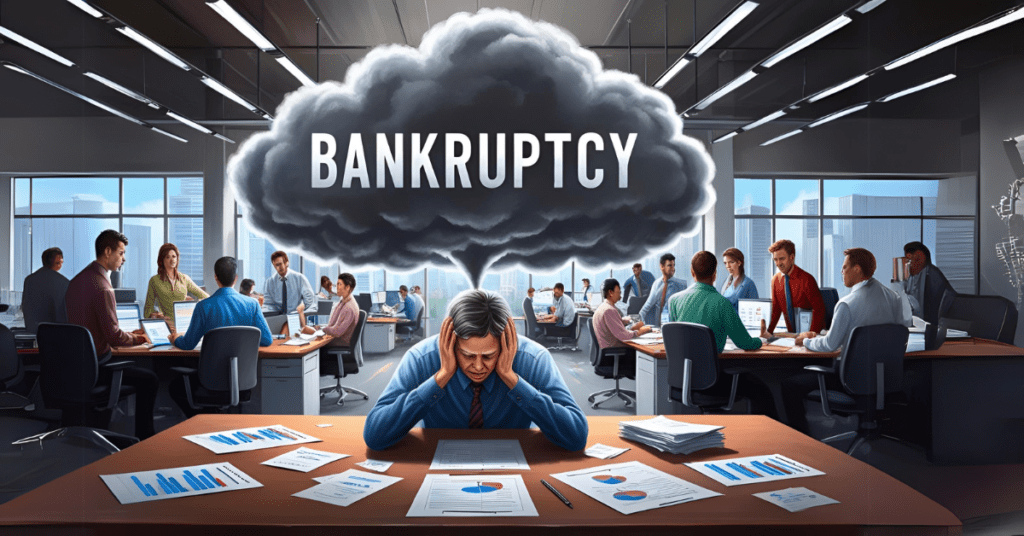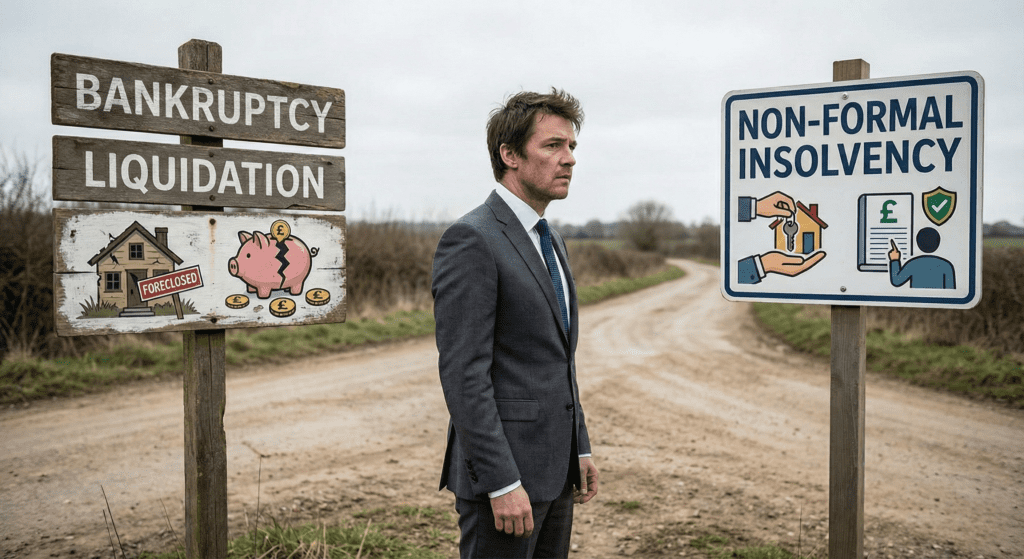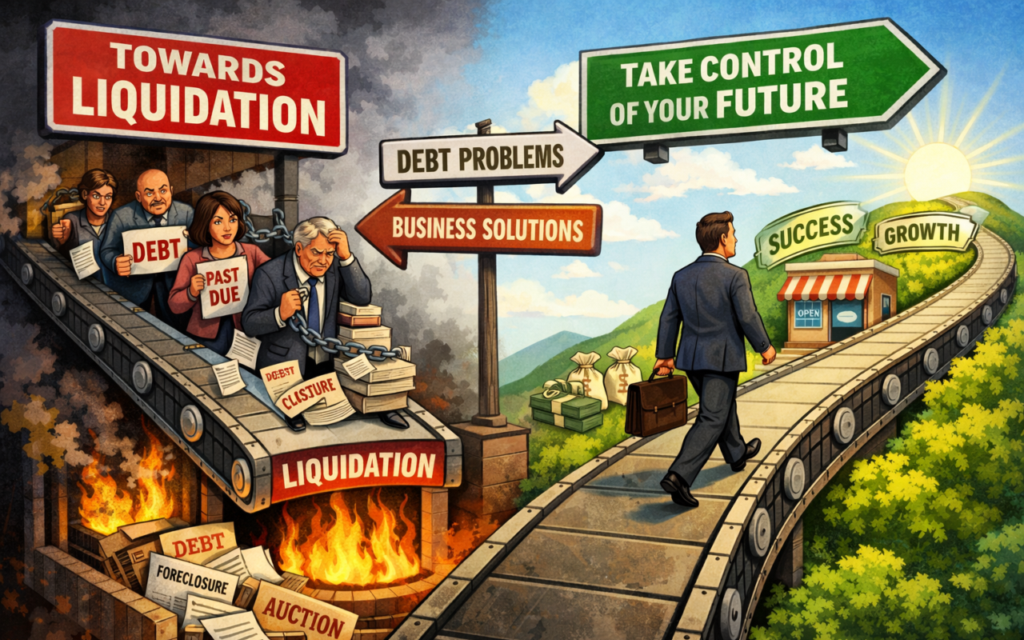Declaring bankruptcy is a significant decision that comes with its own set of challenges. The stress of taking such a step doesn’t end when the papers are filed and the court grants your petition. Going bankrupt can potentially impact various aspects of your life, including your work, your home, and, if you’re a business owner, your company, assets, and employees.
So, Will You Automatically Lose Your Job When You Go Bankrupt?
Addressing a common concern, the answer to whether you’ll automatically lose your job when you go bankrupt is generally no. In most cases, you are not legally obligated to disclose your bankruptcy to your employer, unless your employment contract explicitly requires it. However, there are exceptions to this rule.
If your employment requires background checks, as in the case of security firms, law enforcement agencies, or civil service roles, your bankruptcy could raise concerns. It might affect your eligibility for such positions, particularly those involving financial responsibilities.
Specific Cases: Employment in Financial and Regulated Professions
In situations where your job involves financial matters, such as working in a bank, notifying your employer about your bankruptcy might be necessary. Your employer could have the right to terminate your employment under these circumstances. Similarly, if you work as an insolvency practitioner, bankruptcy could disqualify you from continuing in that role.
Regulated professions that mandate licensing, like accountants and solicitors, can be affected by bankruptcy. It could lead to disqualification from your professional body and impact your ability to practice.
Broader Restrictions apply to holding positions such as:
- Company Director,
- Charity Trustee,
- Judge,
- Registrar,
- MOT examiner, or
- Credit Licence Holder
In cases where the official receiver extends these restrictions, you’ll also be ineligible for roles in local or national government, magistrate positions, or school governorships.
Seeking Clarification: Know Your Employment’s Vulnerabilities
If you’re uncertain about the impact of bankruptcy on your specific profession, it’s advisable to consult your employer. This is particularly important if you work in the armed forces, the medical field, as a pub licensee, or in cash handling. Additionally, you can explore government resources to understand the implications of bankruptcy for the self-employed.
Guidance and Support for Bankruptcy
Deciding to apply for bankruptcy is a weighty choice that requires careful consideration. It’s recommended to seek advice from a specialised and impartial debt strategist. Bell & Company offers accessible services to address your questions promptly and provide tailored guidance based on your individual needs.
For more information on bankruptcy please read our Bankruptcy Guide.



